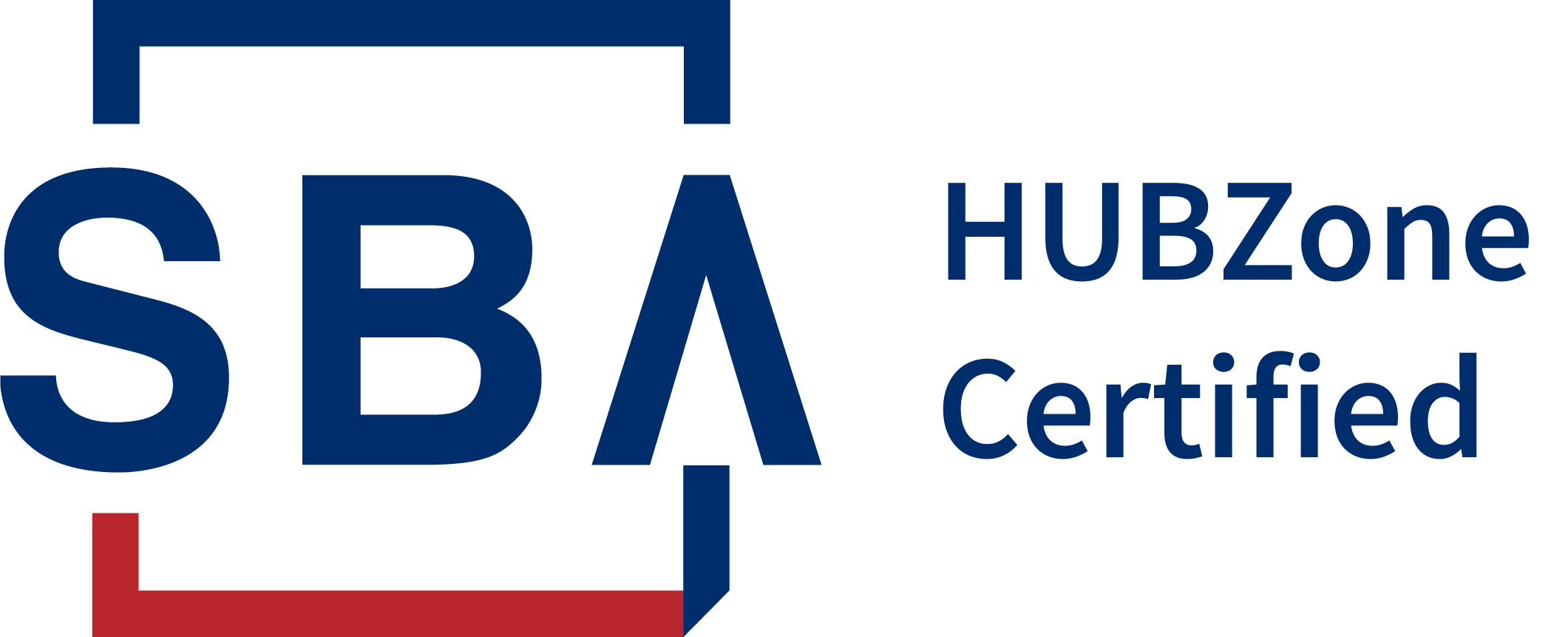Process industries are a crucial part of our global economy. They involve the transformation of raw materials into finished goods through chemical or physical processes. Industries such as oil and gas, food and beverage, pharmaceuticals, and chemicals fall under this category. Despite their importance, process industries face numerous challenges, including regulatory compliance, quality control, and operational efficiency. Addressing these issues requires innovative solutions, and this is where Product Lifecycle Management (PLM) comes into play.
Understanding Process Manufacturing
Process manufacturing is a production method used in process industries. It involves combining raw materials in specific proportions to create finished goods. Unlike discrete manufacturing, which produces distinct items like cars or computers, process manufacturing results in products that cannot be disassembled into their original components, like oil, soda, or medicine.
The role of process manufacturing in process industries is fundamental. It enables the transformation of raw materials into valuable products that meet market demands. However, its complex nature often leads to challenges in areas such as quality control, traceability, and waste management.
Role of PLM in Process Industries
Product Lifecycle Management (PLM) is a strategic approach to managing the lifecycle of a product from its conception, through design and manufacture, to service and disposal. In process industries, PLM plays a pivotal role in addressing the inherent challenges.
By providing a unified platform for information management, PLM can enhance decision-making, improve product quality, and increase operational efficiency. It allows for better control over the product development process, ensuring compliance with industry standards and regulations.
Several process industries have successfully implemented PLM, reaping substantial benefits. For instance, a leading pharmaceutical company utilized PLM to streamline its product development process, resulting in reduced time-to-market and increased product innovation.
ERP Software for Process Manufacturing
Enterprise Resource Planning (ERP) software is a suite of integrated applications that manage core business processes. In process manufacturing, ERP software serves several purposes, including inventory management, production planning, and quality control.
Integrating ERP software with PLM can bring significant advantages to process industries. This integration provides a comprehensive view of the product lifecycle, enabling better coordination between different business functions. It can enhance the efficiency of process manufacturing by optimizing resource utilization and reducing waste.
Notably, several case studies demonstrate the positive impact of ERP software on process manufacturing. For example, a renowned food processing company integrated ERP with PLM to improve its production planning, leading to increased productivity and cost savings.
Benefits and Adoption
Adopting PLM in process industry operations offers numerous benefits. It enhances product innovation by facilitating collaboration and knowledge sharing. It improves regulatory compliance by providing robust document management capabilities. Moreover, it boosts operational efficiency by enabling process optimization.
However, adopting PLM can be a complex task, given its technical nature and the need for organizational change. To effectively adopt PLM, process industries should follow a structured approach, starting with a clear understanding of their business needs and a thorough evaluation of available PLM solutions. It’s also crucial to address potential obstacles, such as resistance to change or lack of technical skills, through appropriate change management strategies.
Conclusion
Harnessing the power of PLM in process industries can lead to significant improvements in product innovation, regulatory compliance, and operational efficiency. By understanding the nature of process manufacturing and leveraging the capabilities of PLM and ERP software, process industries can overcome their inherent challenges and thrive in today’s competitive market. While the journey towards PLM adoption may not be easy, the potential benefits make it a worthwhile endeavor. Contact us today to discuss your needs and discover a PLM solution that can help you reach your business goals.




